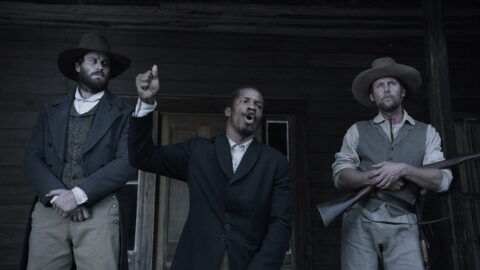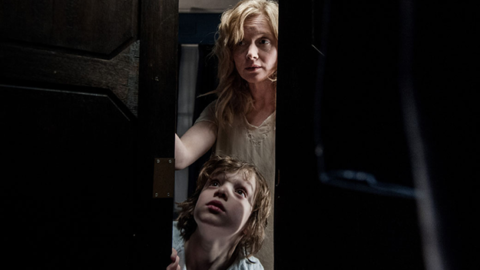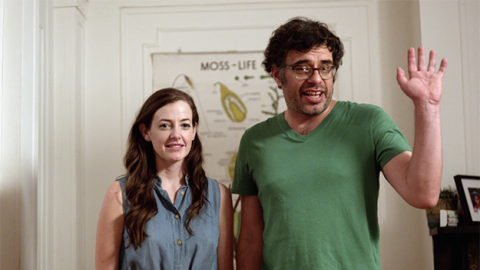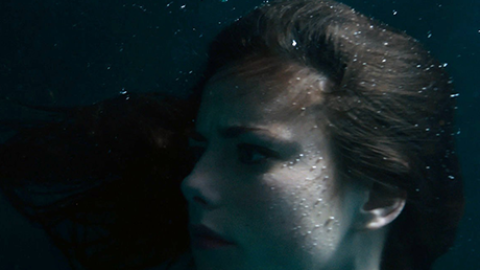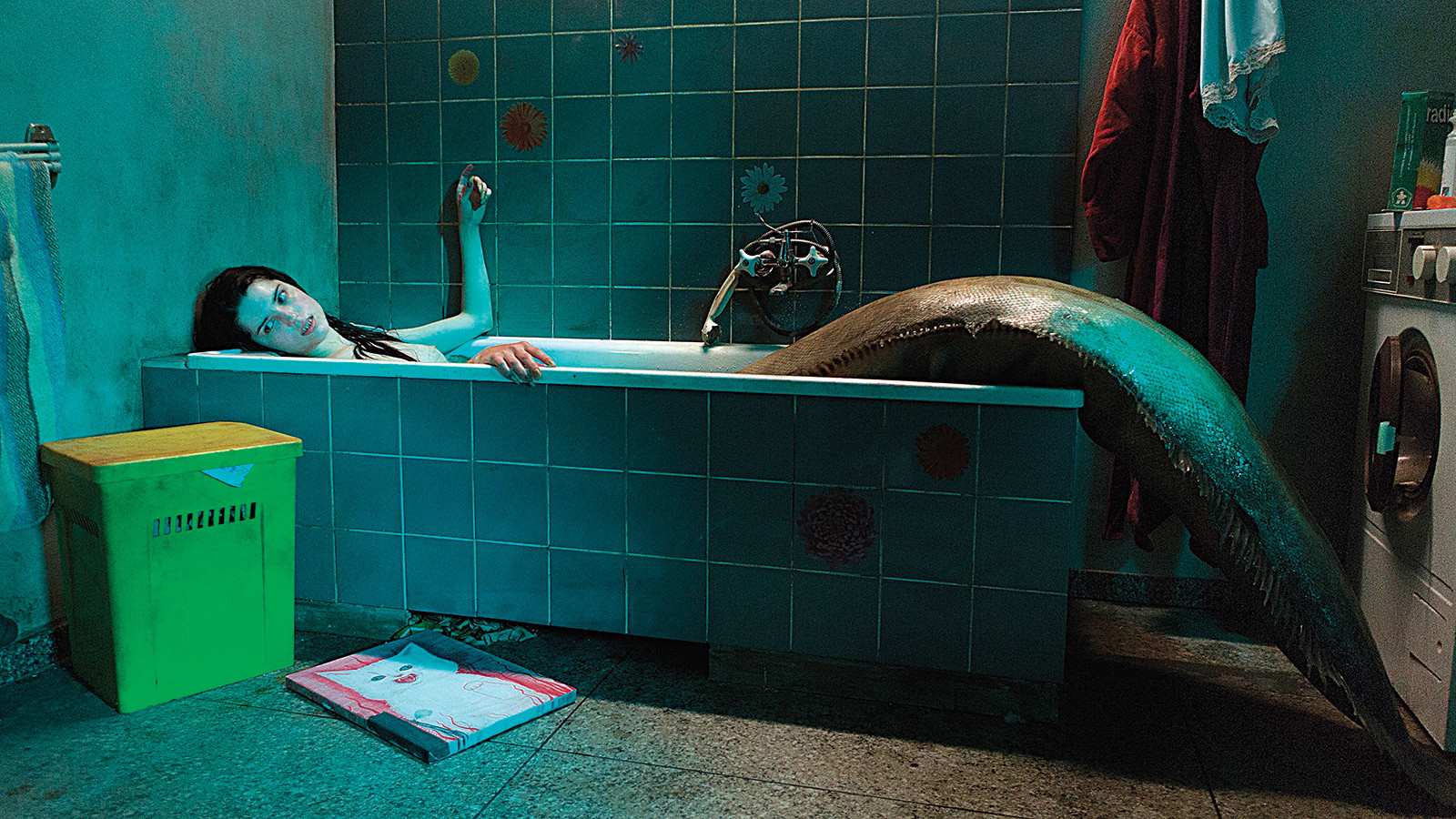
Night Shift
Not so long ago, the dependably divine midnight section featured down-and-dirty horror movies with the occasional side helping of super-dark humor and other miscellanea. But not so anymore; straight-up horror seems to have become the exception. This year, we got a cheerfully twisted Kevin Smith teenage romp that quickly wears itself out (Yoga Hosers); an unbearable “feminist” revenge Western (Outlaws and Angels, sadly the only film in the fest that was shot and projected on 35mm); two thoroughly grating gross-out comedies, one about a whacked-out chick afflicted with a far-from-routine pregnancy (Antibirth), the other about a well-endowed strangler who kills his victims while slathered in grease (umm, yes, The Greasy Strangler); a tedious purported documentary about a group of people addicted to an immersive “real-life” horror-experience delivery service (The Blackout Experiments); a ’70s throwback that felt uninspired despite its talented cast and crew and grindhouse inspirations (Carnage Park); and an uneven black comedy of epic family-dysfunction proportions (Trash Fire, which was greatly elevated by Angela Trimbur’s endearing and grounding lead performance). The purest horror film of the bunch, and perhaps the most anticipated, Rob Zombie’s 31—which, counter to promising early reports, isn’t really about killer clowns after all—was, like his previous works, masterfully made and plenty gory, yet it felt somehow unrealized, like a film gearing up to go big places but never actually arriving. And the most solemn entry, Babak Anvari’s Iranian 1988-set war allegory Under the Shadow, despite its supernatural elements worked better as political drama than scarefest, and might have made more sense in another category.
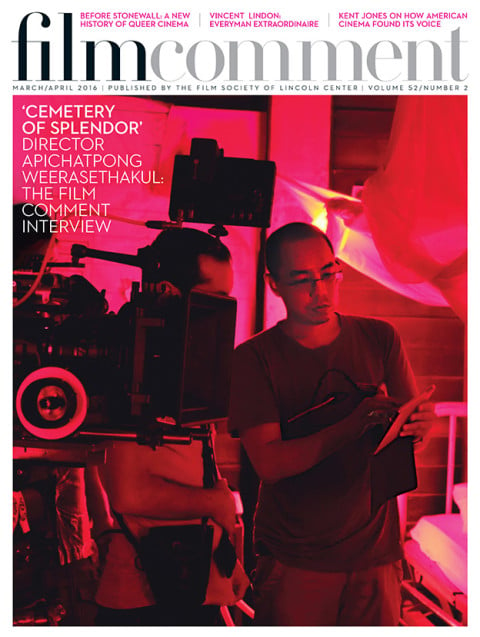
Actually, the most “Midnight” of all the 2016 lineup could be found in alternate sections. NEXT played host to the bone-chilling The Eyes of My Mother, a beautifully shot black-and-white chronicle of the development of a psychopath, from traumatized child to deranged young woman. That might sound like an endorsement, but it’s not. Nicolas Pesce’s debut feature, however artful, is the kind of film that defines the word “unnecessary.” It’s chockful of torture; it’s yet another form of torture to endure it. Much more impressive, in the World Dramatic Competition, was Agnieszka Smoczynska’s high-energy The Lure, the first and freshest film I saw at Sundance this year. It’s an unabashedly loony genre mash-up of musical, romance, and ’80s-style horror, with two alluring yet cannibalistic mermaid sisters named Silver and Golden (Marta Mazurek and Michalina Olszanska) at its center. As the movie opens, the enchantresses convince a trio of musicians—a husband, wife, and teenage son—rehearsing waterside to invite them to shore. Once on land, they’re taken to the sleazy nightclub where the band regularly performs, and soon the mermaids, whose private parts are sealed up—“smooth as Barbie dolls” they are—and who sprout their tails at the touch of water, are part of their act. (The film’s many musical numbers, on stage and off, are exquisitely executed, and the mostly original compositions are rather catchy.) While Silver devotes her energy to doting on the cute, floppy-haired son, Golden, feeling left out, pursues carnage rather than carnal desire, literally taking the hearts of others. Silver meanwhile sacrifices her voice and much more for the experience of human love. And in keeping with its folkloric elements (many adapted from Hans Christian Andersen’s “The Little Mermaid”), Silver also faces the danger of turning into sea foam if the man she falls for chooses to marry someone else. Guess whose wedding will be one to remember? Good fun through and through, this surprising delight from Smoczynska, which was awarded a special jury prize for Unique Vision and Design, is nothing short of a stunning feature debut.
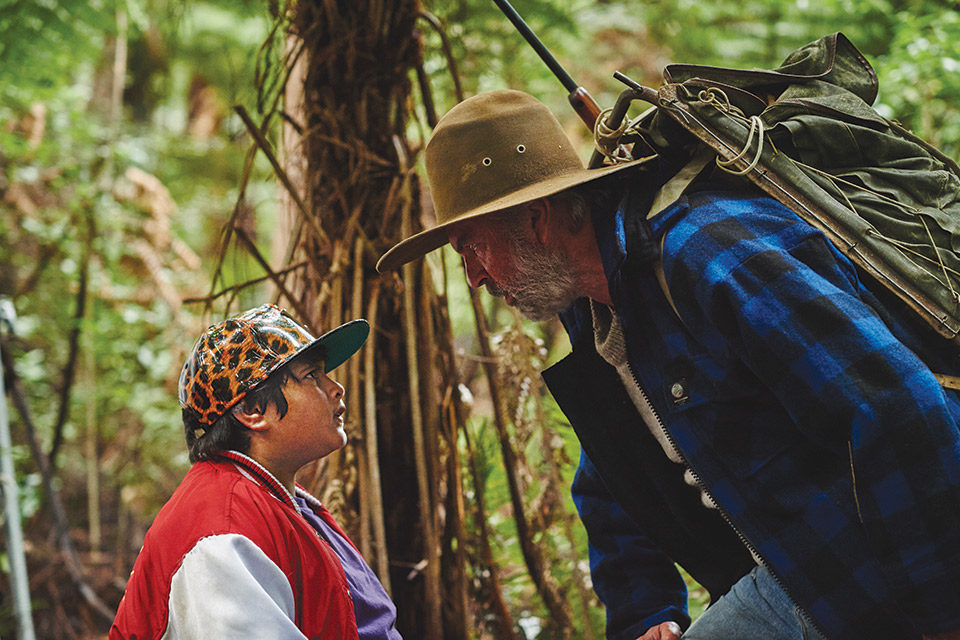
Hunt for the Wilderpeople
Also set in Poland but directed by a Frenchwoman, Agnus Dei was a significant standout in terms of good old-fashioned storytelling. Anne Fontaine was last at Sundance in 2013 with her sun-kissed, laughable fluff Two Mothers (retitled Adore for its U.S. release), and her latest film couldn’t be more of a departure. It’s 1945 and Mathilde, a selfless young French Red Cross nurse, is stationed in Poland. One day a nun (Agata Buzek) appears at the hospital desperately seeking help. Upon visiting the convent, Mathilde makes a shocking discovery: that a number of the sisters are hiding pregnancies, the results of a hellish visit by Soviet soldiers months earlier. She puts everything on the line—her job, her safety, her nightly sleep—to tend to the shamed women, who grapple with being thrown into situations disallowed by their faith. This handsome drama, both moving and important, features excellent performances across the board, most notably by Lou de Laâge as Mathilde (only a fiercely committed Rebecca Hall as the titular, also true-life character in Antonio Campos’s outstanding, surprisingly unrewarded U.S. Dramatic Competition entry Christine, rivaled her in the sheer assurance of carrying a film); Vincent Macaigne as Mathilde’s love interest, a Jewish doctor who also provides the story with a touch of lightheartedness; and Agata Kulesza, the cool non-believer aunt from the other Polish nun movie, last year’s Best Foreign Language Film Oscar winner Ida, here playing the other side as the hard-edged Reverend Mother.
Taika Waititi, whose What We Do in the Shadows was the highlight of Sundance 2014, was back in action with another wholly charming, palate-cleansing work, Hunt for the Wilderpeople. More in the vein of his 2010 Boy, the film concerns Ricky, a 13-year-old orphan placed in a new foster home on a remote New Zealand farm. He’s overweight, obnoxious, and highly unhip despite his love for rap and knack for spontaneous haikus, but he’s also full of heart. Ricky gets on well with his zany new mother figure, but when she suddenly drops dead, he’s stuck with his “Uncle” Hec, a surly Crocodile Dundee sort (gamely played by Sam Neill in a role that he and no one else was meant to play). To avoid being thrown back into the custody of child services, Ricky takes to the bush, eventually teaming up with Hec, and the odd couple face survival in the wild together while they’re being hotly pursued. And, of course, through it all, they form a strong familial bond. Waititi, who appears all-too-briefly in the film as an inept priest, also offered his duties as the host of Sundance’s closing-night ceremonies. (Give this man a job hosting every future awards show!) In his opening monologue, he joked that the festival’s setting was not only unnatural—on a mountain, with visitors subsisting on insufficient amounts of oxygen and water, too little bathing, and too much alcohol—but a form of accelerated death. While he’s certainly onto something, those who are lucky enough to be there—regardless of the quality of the particular movie slate—continue to walk away year after year all the better for it.



